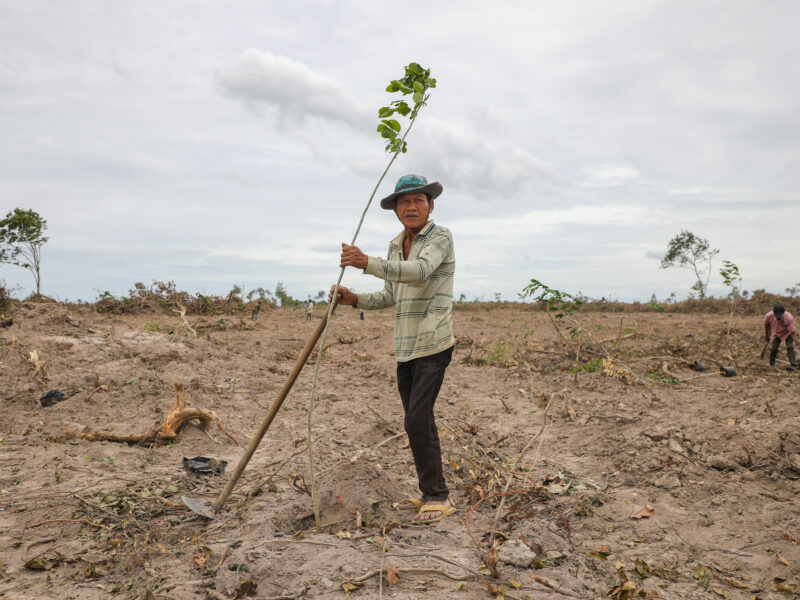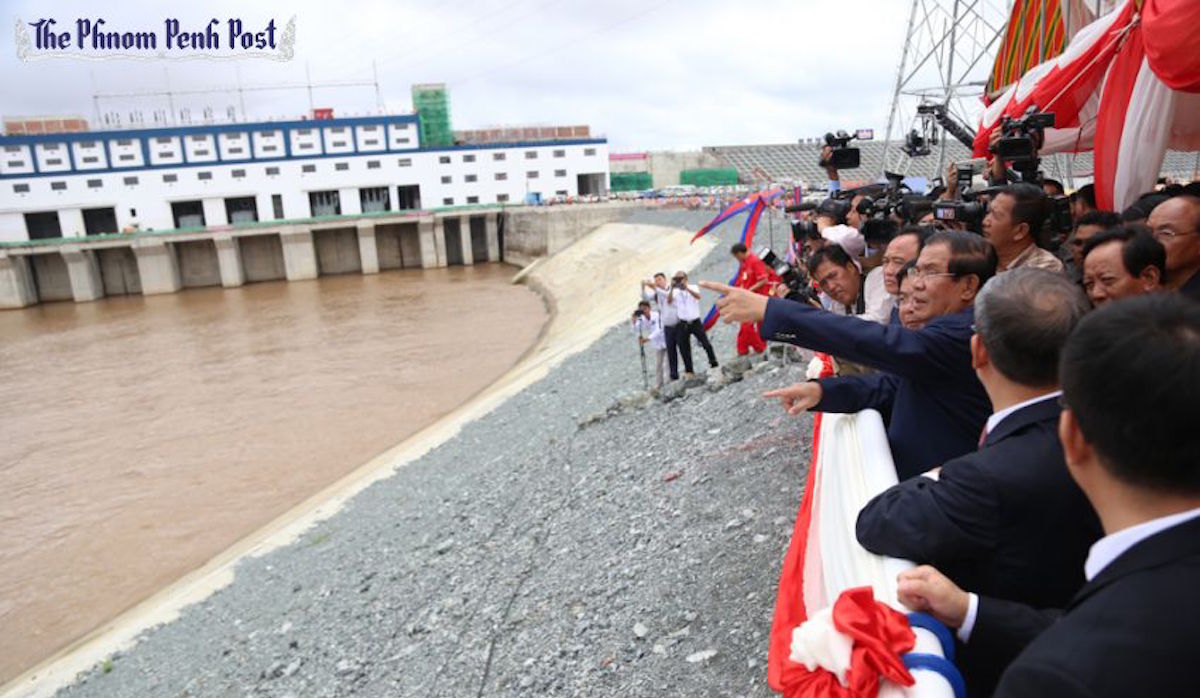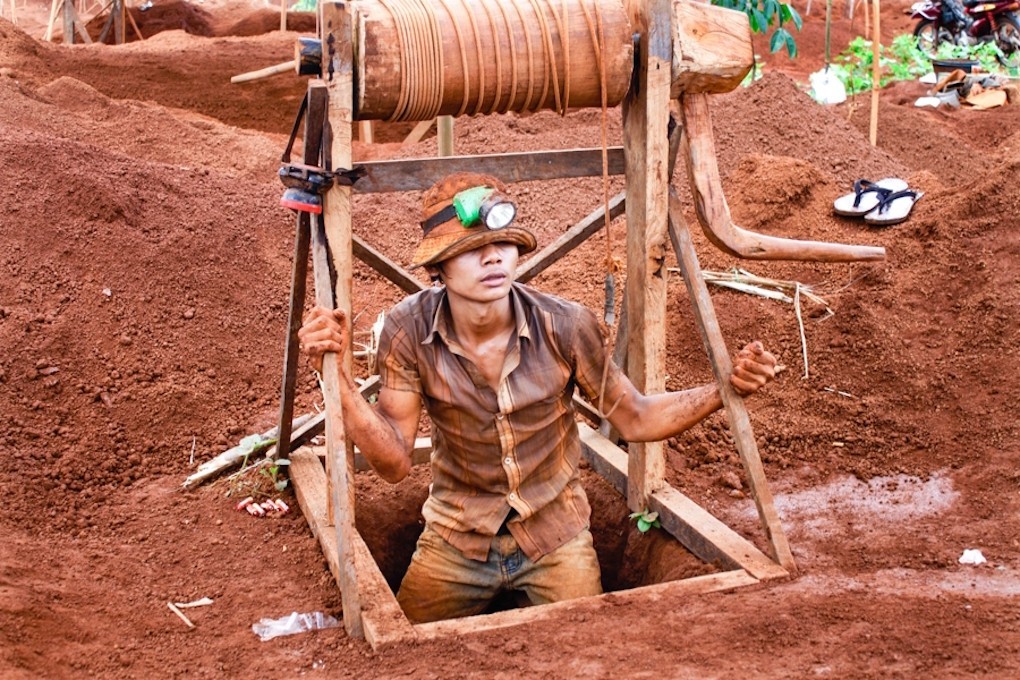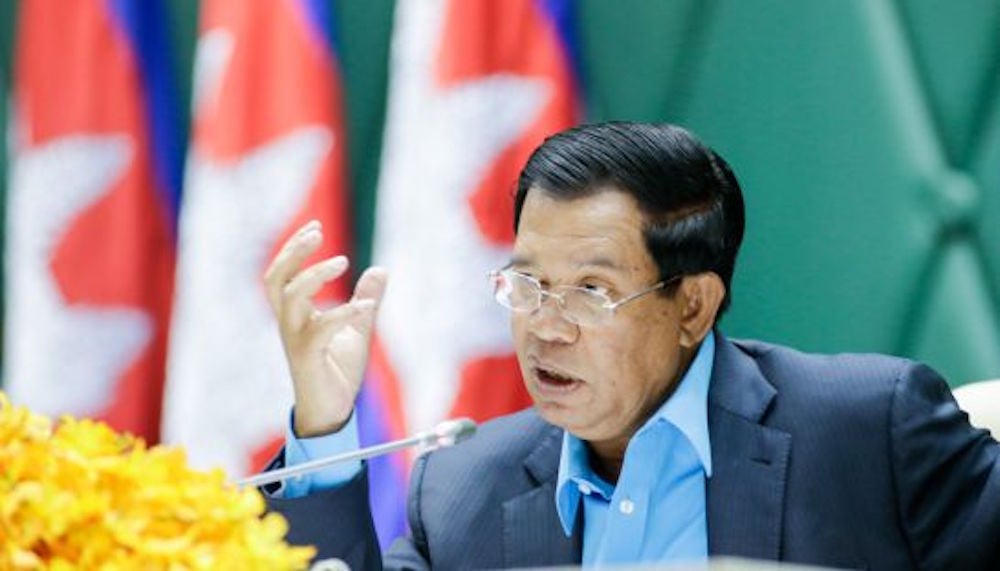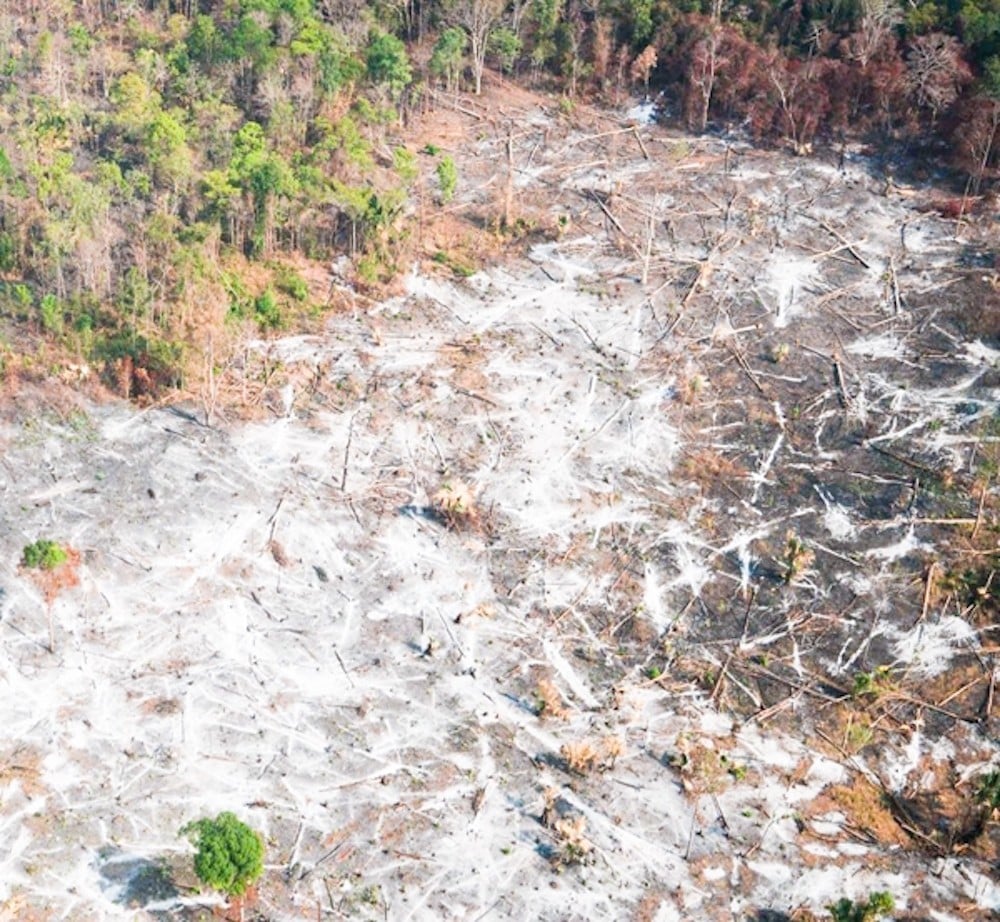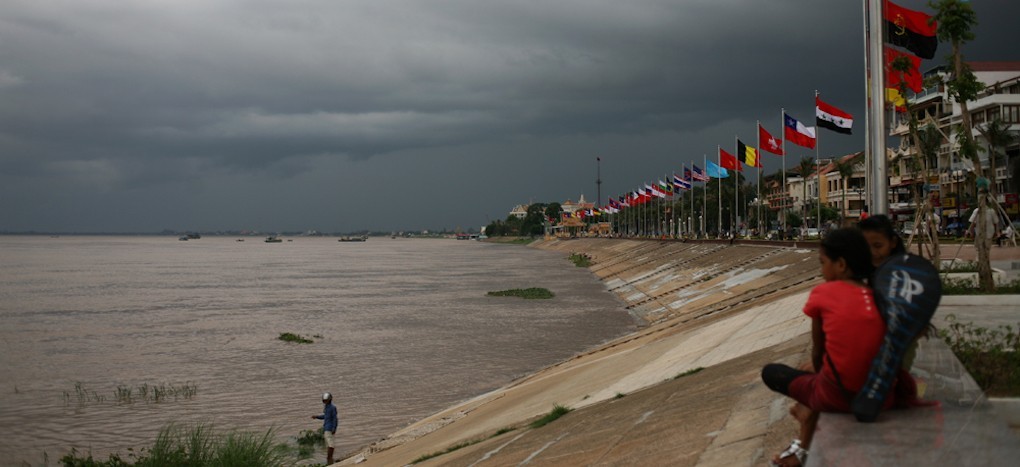Developers clear protected Phnom Tamao Forest before reversing course after outcry prompts prime minister’s online order.
Tag: Hun Sen
Sesan dam goes online, while PM dismisses environmental concerns
The floodgates of the largest and most controversial dam project in Cambodia’s history officially closed yesterday. Prime Minister Hun Sen took aim at environmentalists, ambassadors and NGOs in a wide-ranging speech.
Dam’s impacts being felt
Residents of Stung Treng province’s Preah Romkil commune are reluctant to express their concerns over Laos’s Don Sahong hydropower dam since it was endorsed last month by Prime Minister Hun Sen, despite the impacts of the dam already being keenly felt, activists and researchers said yesterday.
Hun Sen last month announced his support of the controversial project, expressing hope that Lao would sell electricity to Cambodia at a low price, but activist Chum Hout said yesterday that since the endorsement, community members are fearful of lodging complaints. “We appeal to Samdech [Hun Sen] to stop supporting this project . . . Fishing has seriously fallen,” Hout said.
Path to Responsible Mining
In an effort to improve the governance of the Kingdom’s mining industry, with a focus on increasing revenue generation, the government has approved 11 articles largely concerning export permits for mined resources.
“Except for uranium and any reactor [related] mining which is banned from being exported, export permits have to be mainly evaluated for the long-term purpose – based on the comparative advantage and benefit to the economy, society and the environment.”
Meng Saktheara, secretary of state at the ministry told Khmer Times yesterday that the sub-decree is complementary to the existing mining law which had been promulgated since 2001.
“This sub-decree is to be used to manage any kinds of mining production except oil and gas. We do hope that the sub-decree sets strong and clear guidelines for the industry that can attract more foreign investors.”
“It provides us with clear mechanisms to manage the industry, as we will automatically allow exports if the product can be processed locally,” he said, noting the importance of adding value to the country’s mined resources.
Last month, the Ministry of Mines and Energy issued Cambodia’s first industrial mining license to Indian-owned Mesco Gold (Cambodia) to start operating an underground gold mine in Ratanakiri province.
According to ministry data, over 20 gold occurrences, 15 base metals occurrences and 26 iron ore and related occurrences have been identified. Work is continuing on some 60 active concessions to further delineate the country’s mineral wealth, with a particular emphasis on gold, base metals and bauxite.
According to the sub-decree, any mined resource which can be processed locally, and therefore boost its “value-added,” will not be allowed to be exported.
“It can be allowed to be exported if it cannot be processed locally due to the impact [it may cause] to the environment or because the amount of product exceeds local demand,” it said.
According to data from ministry, the before-tax revenue from the mining industry has sharply increased. In 2015 the figure was $17.25 million, up from just $4 million the year before.
Cambodia is at the early stages of mineral resource development. As part of a prospective region with a burgeoning exploration sector, the country has an opportunity to lay the foundations for responsible mining.
Civil society groups secure pledges from PM Hun Sen at forestry forum
Billed as a Cambodian first, the invitation of 500 civil society and community representatives to a forum on environmental issues with Prime Minister Hun Sen proved largely a platform for the premier to hold forth on policy and politics, with many observers bemoaning the sidelining of community voices.
“We consider this an enlarged cabinet meeting and decisions taken today have the effect of cabinet decisions . . . otherwise the value of today is just sweet talk,” Hun Sen said near the start of a five-hour soliloquy on environmental policy that left little room for contributions from the audience.
At Environmental Forum, Hun Sen Spreads the Blame
Prime Minister Hun Sen on Monday presided over the first of what he promised would be an annual public forum to discuss the plight of the country’s natural resources, though some participants left doubting the events would do much good.
The Forum on the Protection and Conservation of Natural Resources, held at the prime minister’s office building, was a rare chance for activists to put their concerns and requests straight to the premier. The government sought to convince them that it’s getting serious about preserving the country’s lakes, rivers and forests, which have been plundered for decades, often with the help of officials.
Prey Lang Protection Moves Forward
The Environment Minister said he would draw up a proposal to protect the remainder of Prey Lang’s roughly 300,000 hectares after flying over the area with the US Ambassador, NGOs and development partners yesterday.
Minister Say Sam Al said the announcement was a turning point for the government, calling on all development partners to cooperate with each other in order to reach an agreement.
“The size of the last forest was more than 300,000 hectares. Now it’s a good sign for us to make an agreement to make Prey Lang a protected area at once. It’s not an easy issue, it’s a difficult issue,” he said.
The minister added that he has been studying Prey Lang with local authorities and will organize a workshop in the next few days to discuss the proposal before sending a sub-decree to the Council of Ministers for approval. “What we did with the ambassador was preparing Prey Lang as a protected area.
Mekong Dams Not Cause of Drought
Prime Minister Hun Sen on Monday disputed the idea that water shortages along the Mekong River have been exacerbated by two massive hydropower dams being developed by Laos, saying the drought currently afflicting much of mainland Southeast Asia was caused only by “the sky.”


